Spraying this easy DIY essential oil spray around your windows in October will deter spiders – they hate the smell
Peppermint oil is the unsung hero


Design expertise in your inbox – from inspiring decorating ideas and beautiful celebrity homes to practical gardening advice and shopping round-ups.
You are now subscribed
Your newsletter sign-up was successful
Want to add more newsletters?

Twice a week
Homes&Gardens
The ultimate interior design resource from the world's leading experts - discover inspiring decorating ideas, color scheming know-how, garden inspiration and shopping expertise.

Once a week
In The Loop from Next In Design
Members of the Next in Design Circle will receive In the Loop, our weekly email filled with trade news, names to know and spotlight moments. Together we’re building a brighter design future.

Twice a week
Cucina
Whether you’re passionate about hosting exquisite dinners, experimenting with culinary trends, or perfecting your kitchen's design with timeless elegance and innovative functionality, this newsletter is here to inspire
When it comes to repelling spiders, peppermint oil may not be the first solution that comes to mind. But, assure our pros, it's natural, non-toxic and surprisingly effective when spritzed and sprayed around your windows.
Here, they explain this clever DIY way to keep spiders away, including why it works, and how to try it in your own home.
Why does peppermint oil work to deter spiders?
Brett Anderson from Peach Tree Pest Control explains, 'Spiders have specialized sensory organs on their legs called sensilla – tiny, hair-like structures that detect stimuli such as sound, touch, heat, humidity, and chemical cues.
'Peppermint contains menthol and other strong-smelling compounds, which overwhelm these receptors, making the environment uncomfortable and uninviting for spiders,' working as a natural pest control method.
Tony King, founder of The Pied Piper Pest Control, agrees, adding, 'It's particularly effective in October, since this is when spiders are actively looking for warm indoor spaces to weather winter.
'By disrupting their normal sensing and making spiders feel threatened, peppermint oil not only encourages spiders to want to vacate treated spaces, but to avoid them altogether.'
How to make your own DIY peppermint essential oil spray

It's quick and easy to make this DIY spray, and it smells great, too.
To make your own homemade bug spray, Tony recommends using 10 to 15 drops of a top-quality, pure peppermint essential oil, such as the NOW Essential Oils Peppermint Oil available at Amazon, or the Plant Therapy Organic Peppermint Essential Oil, also available at Amazon.
Design expertise in your inbox – from inspiring decorating ideas and beautiful celebrity homes to practical gardening advice and shopping round-ups.
'Mix this with about two cups, or 500 ml, of distilled or filtered water in a clean spray bottle,' he advises. 'One teaspoon of liquid dish soap adds to make the oil spread evenly and adhere to the surfaces, offering better coverage.
'Spray this mixture along window frames, door sills, baseboards, corners, and cracks or gaps in which spiders gain entry,' all of which are common spots for hidden pest harborage.
'Re-spray weekly, and particularly after dusting or cleaning the area, as the smell fades with time.'
You can also, as Daniel Baldwin, entomologist at Hawx Pest Control, suggests, soak cotton balls in peppermint oil and place them in areas where you've noticed spider activity.
'Common spots include under your bed, behind your headboard, under your couch, or in cupboards and wardrobes,' he advises. 'Wardrobes are especially appealing to spiders because they are dark and tend to be undisturbed during the day.'
Drawbacks to consider

While effective, this method is not without its limitations.
In terms of drawbacks or limitations, Tony warns that there are a few to mention.
'Peppermint oil is extremely pungent, which may be overpowering to some individuals or pets,' he explains. 'It will not exterminate spiders and thus is not a solution to current infestations, either; it's more of a deterrent.
'Additionally, the essential oils may sometimes discolor certain surfaces such as unsealed wood or painted surfaces, so one would want to do a small test patch.' It's also, adds Daniel, only a temporary solution.
Therefore, all our experts agree that, to get the best results, this method to get rid of spiders in a basement, for example, should be used in conjunction with efficient practices, like sealing window gaps, keeping your space clutter-free, and vacuuming frequently.
Don't forget your baseboards, as they're a prime hiding spot for pests.
You should also, advises Daniel, regularly wipe down surfaces and eliminate dark hiding spots.
'You can even use night lights in places such as cupboards, drawers, and walk-in closets to reduce the darkness that spiders are attracted to,' he adds, such as the Great Value Plug-in LED Night Light available at Walmart.
'Eliminate any webs you find in or around your home by vacuuming or clearing them out. This may encourage spiders to leave, as many types stay close by their webs, rather than living directly on them.
'Additionally, turn off outdoor lighting, which may attract insects like moths, mosquitoes, and gnats, which can also attract spiders that prey on them.
As Tony explains, all of these steps 'will reduce the chances of the spiders making your home their seasonal sanctuary.'
And, importantly, if you do still spot any around your home, pest pros warn you should never squash spiders in your home.
What to shop
All prices were correct at the time of publication.
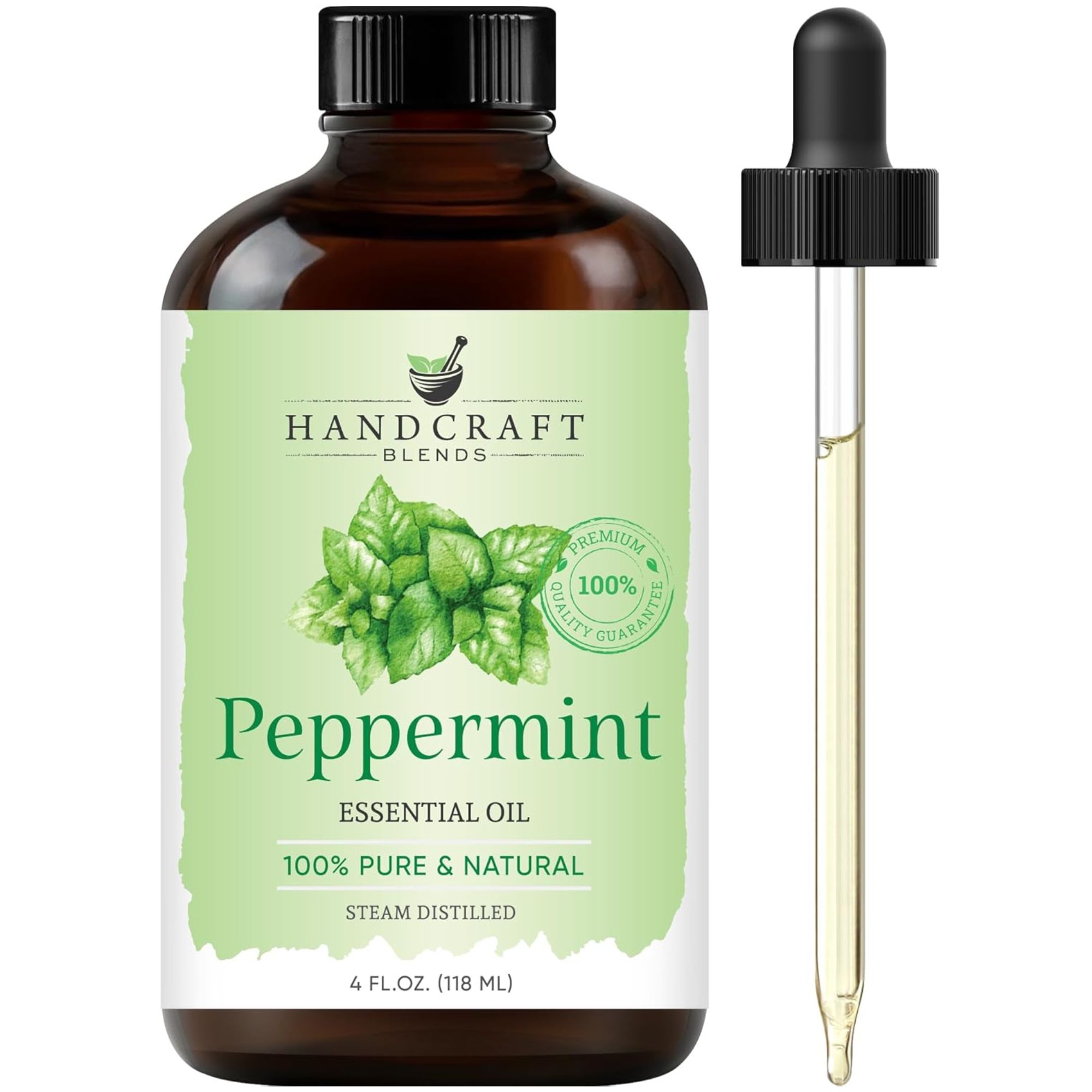
This steam-distilled essential oil has no fillers or additives, and is undiluted and bottled in the USA.
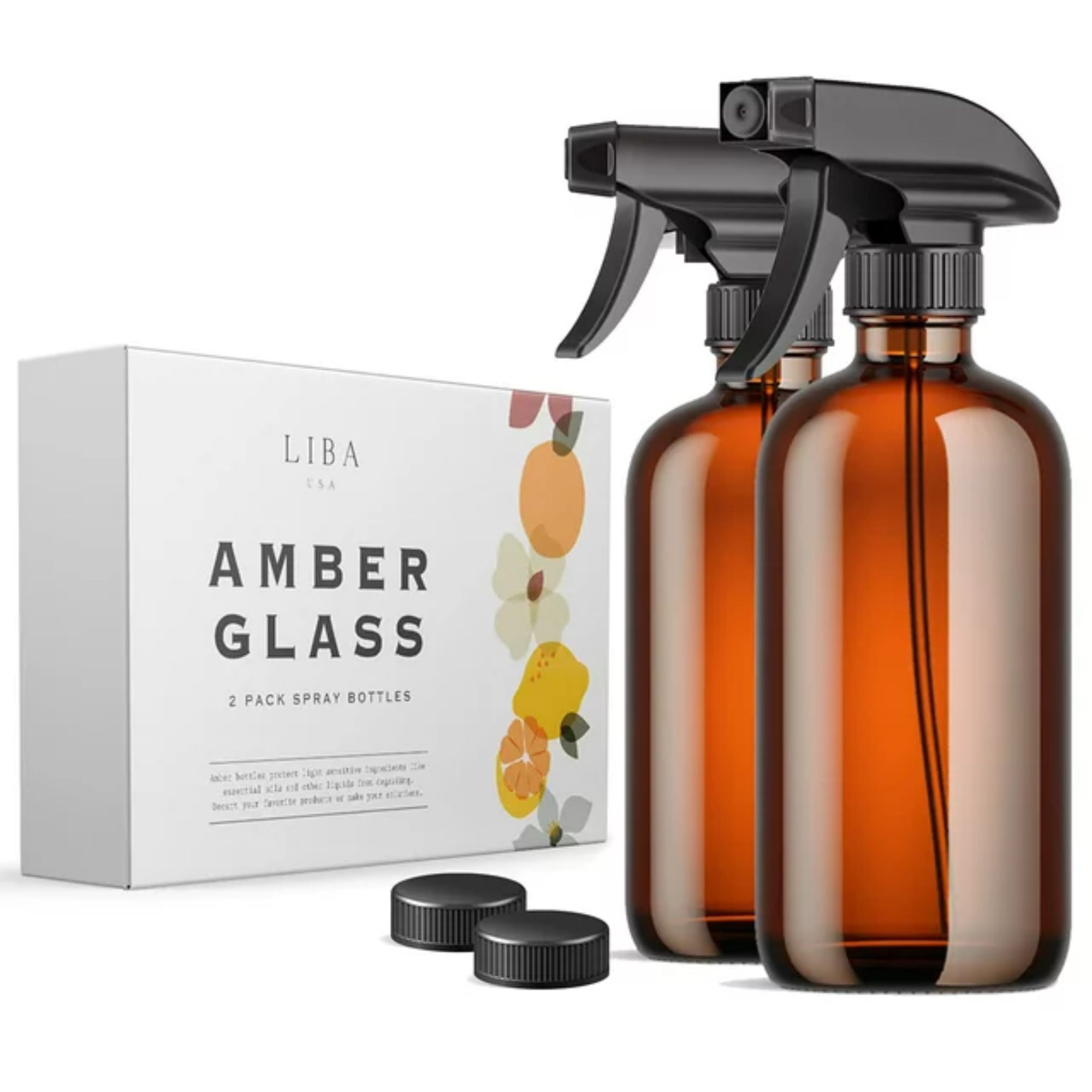
These amber glass spray bottles are ideal for making your own DIY bug spray, as they offer UV protection to prevent ingredients from degrading and feature an adjustable spray nozzle.
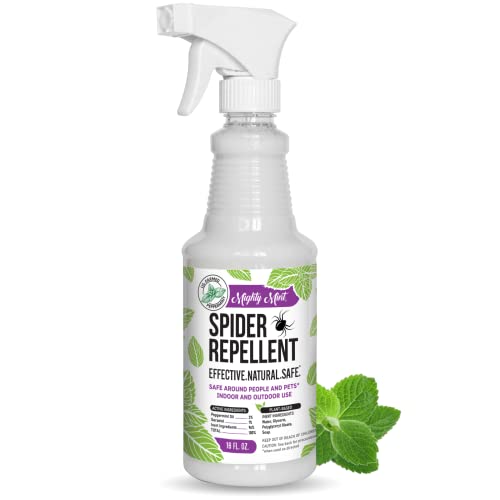
This all-natural bug spray is ready to use and effective for both indoor and outdoor use.
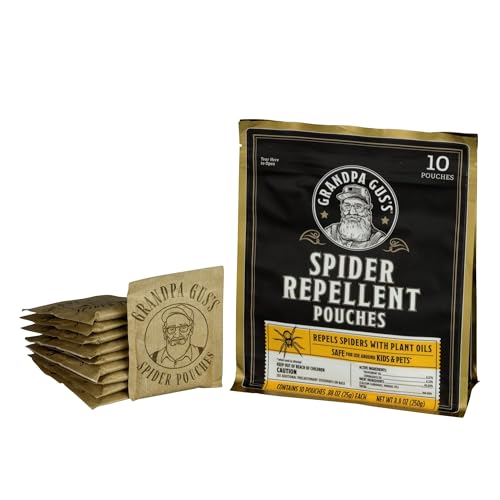
These spider repellent pouches can be placed in closets, basements, sheds, and garages for effective, non-toxic protection.
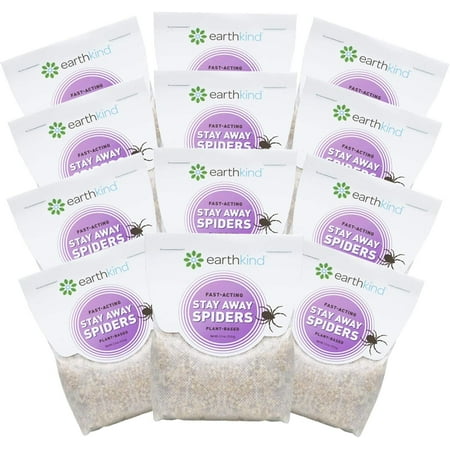
These deterrent pouches deter spiders without the use of chemicals and are safe to use around pets and children.
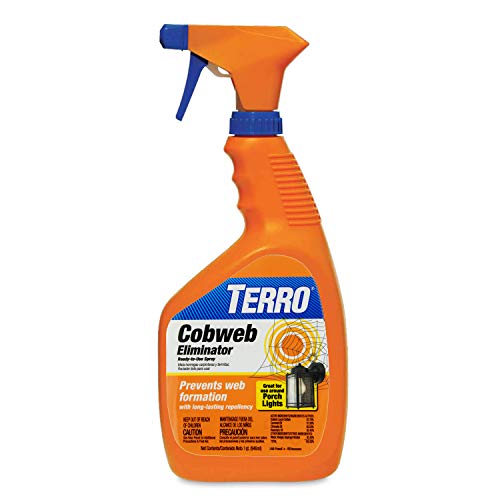
Spritz this web eliminator as a pre-season preventative treatment or in problem areas after web removal.
Meet our experts

Tony founded The Pied Piper Pest Control in 1992, with diverse services that encompass tackling issues such as bedbug infestations, mouse control, and wasp nest control.

Daniel is a board-certified entomologist with over two decades of experience in the industry. Currently, he’s the vice president of technical and training services at Hawx Pest Control.

Brett has served as the director of technical services at Peachtree Pest Control since 2018, and brings over a decade of experience in the pest management industry.
Like squashing them, you should also never use WD-40 to get rid of spiders, as pest pros warn it's simply not effective.

Ottilie joined Homes & Gardens in 2024 as the News Writer on Solved, after finishing a Master's in Magazine Journalism at City, University of London. Now, as the Sleep Editor, she spends her days hunting deals and producing content on all things sleep – from mattresses and sheets to protectors and pillows, all of which she tests in her own home. She also has particular expertise in home fragrance, covering everything from candles to reed diffusers.
Previously, she has written for Livingetc and Motorsport Magazine, and also has a Master's degree in English Literature and History of Art from the University of Edinburgh, where she developed a love for inspiring interiors and architecture.